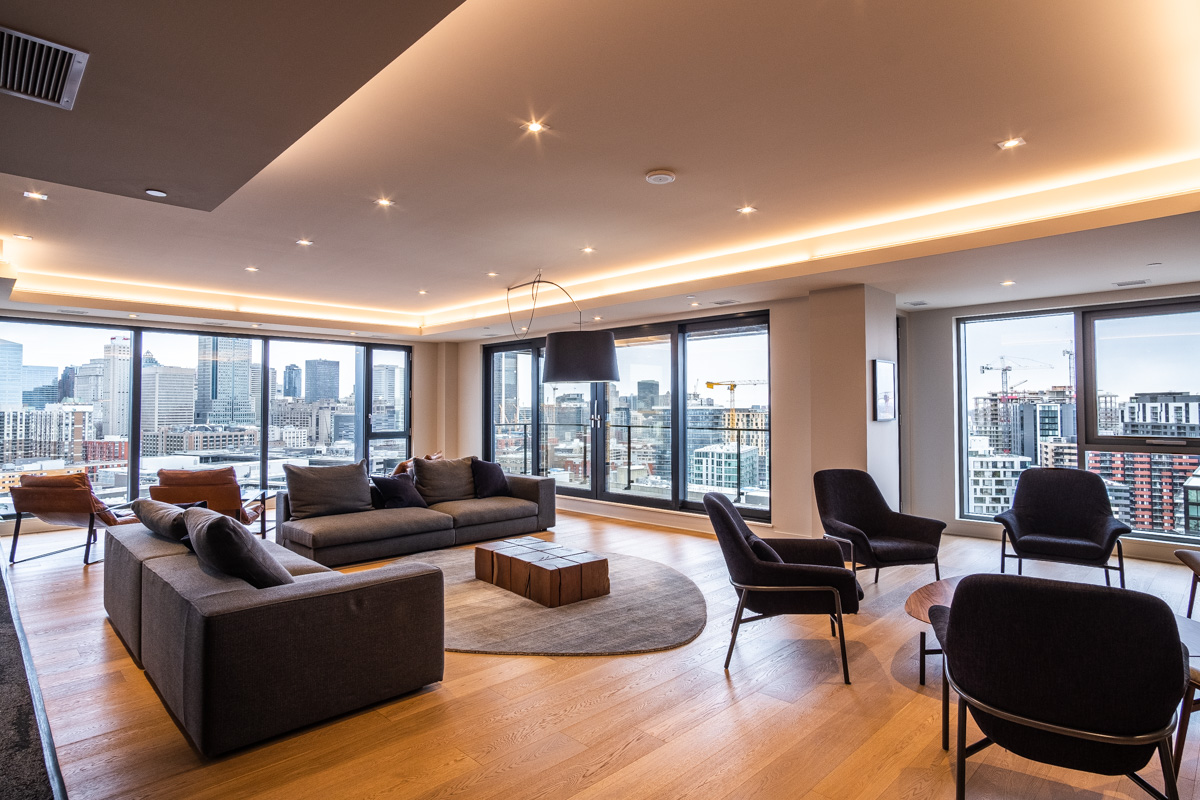Home buying is stressful enough on its own, but when you add on a physical disability or mobility impairment, the process is even more of a challenge. And there are very few fully accessible homes available on the market in Canada, you’ll increase your chances of finding a suitable home within your price range if you have an experienced team of professionals by your side. Courtesy of the Katia Samson Real Estate Group, here are a few helpful tips for hiring an experienced real estate broker and finding accessible properties in your desired location.
Assembling Your Real Estate Team
When buying any type of property — especially an accessible home — you need a listing broker to sell your current house (if applicable) and assist you in finding a new home.
When buying an accessible home, you may also wish to enlist the help of the following types of professionals:
- Occupational therapists
- Certified Living or Aging in Place Professionals (CLIPPs or CAPs)
- Residential accessibility consultants
- Home developers and builders (if you’re looking to build an accessible home)
Finding Accessible Homes
If you or another household member lives with a physical disability or mobility impairment, there are several important features you’ll need to look out for when buying an accessible home. As a few examples, you may need to look for homes with single-level floor plans, widened hallways and doorways, stairlifts or stair glides (if stairs are present), and lowered countertops and cabinets. Direct access to exterior in case of fire is also an important element. A few other essentials may include step-in showers, grab bars in bathrooms, hard-surface flooring, an open floor plan, and a low-maintenance lawn and outdoor space.
Unfortunately, finding a home that meets all your accessibility needs isn’t easy — but that’s where modifications come in. These modifications can make inaccessible homes safer, notes Age Safe Canada, and more comfortable places to live with a disability and eliminate some of the obstacles that may prevent you from moving freely around the home. Of course when creating a home-buying budget, you’ll need to add the cost of these modifications to the listing price of the home. In fact, you could save money by purchasing a house as-is and then making the modifications you need to live comfortably in your new home.
Tips for Home-Based Business Owners
If you’re a home-based business owner and need to find accessible housing that suits you, your disability, and your business and family, there are a few other things you’ll need to keep in mind. Firstly, you’ll need to look for homes with enough living space for designing an accessible home office that meets your wants and needs. MYMOVE shares some tips for designing an accessible office space for your home-based business.
Secondly, you may wish to form a limited liability company (LLC) before buying an accessible property as the owner of a small home-based business. Affordable online formation services take the hassle out of launching a limited liability company, and you could even receive tax advantages if you buy your new home through your LLC. However, it’s important to speak with a tax advisor or attorney before deciding whether to use your LLC to buy a home as doing so could affect your capital gains and property taxes in the future.
Final Words
The housing market has a long way to go before it’ll finally meet the demands of all individuals with physical disabilities and other mobility impairments, but in the meantime, these tips will help you to find accessible (or potentially modifiable) homes. You can go online to research suitable houses for sale in your area, but it’s also important to hire an experienced real estate broker to guide you throughout the home buying and house hunting process.



